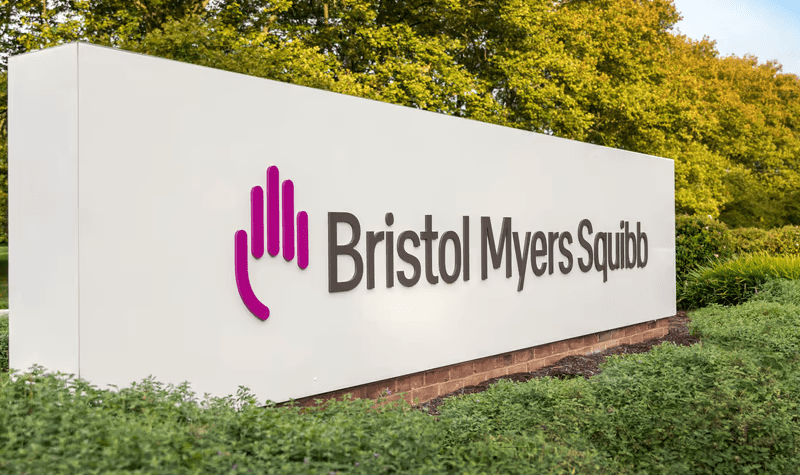The largest biotech licensing deal in history at the time of its inking in 2018 has now gone belly up and will cause Nektar Therapeutics to make “substantial changes” to its operations in the coming weeks after “very upsetting” results showing the drug bempegaldesleukin failed a phase 3 study that was testing it in combination with Bristol Myers Squibb’s Opdivo.
Those were the words of Nektar CEO and President Howard Robin on an investor update Monday morning, when the biotech said it was “highly surprised” about the results of the failed late-stage study. The senior team at partner BMS also gasped at the results, Robin said, noting the trial flop was “unexpected for all of us.”
Investors gasped, as well. Nektar’s shares immediately crashed upon market open, nosediving 53% to $4.97 apiece as of 9:31 a.m. ET.
The long-acting interleukin-2 drug, dubbed bempeg for short, failed to hit all three primary endpoints of the late-stage trial in patients with previously untreated unresectable or metastatic melanoma. That means the drug, an updated version of Clinigen’s Proleukin, failed to provide an objective response, keep patients alive without disease progression or lead to a statistically significant overall survival improvement.
The study, named PIVOT IO-001, included 783 patients who received either the combo treatment or just Opdivo by IV infusion every three weeks for up to 24 months.
Now, Nektar will make “substantial changes” to extend the biotech’s runway and will have more details on operational shifts in the coming weeks, Robin said on the investor call. The company had about $800 million in cash at the end of 2021 and will look to support itself through at least the end of 2024, the CEO said.
William Blair analysts had been pinged the study as representing “the highest probability of success for the bempegaldesleukin franchise.” Following the trial failure and “now lowered probability of near-term revenue-generating opportunities,” Blair analysts wrote that Nektar faces “significant headwinds.”
Given the results of the study, Nektar and BMS will stop enrollment and unblind the ongoing PIVOT-12 study, which included patients at high risk for recurrence after complete resection of melanoma, the companies said in the Monday update.
Nektar will continue its four studies of the combo treatment in renal cell carcinoma and bladder cancer. Initial results from two of those ongoing studies, in renal cell and urothelial cancer, are slated for the first half of this year.
Prior trials also showed mixed results for the drug combination, which previously led an analyst to deem bempeg a “zero value” treatment. BMS committed up to $3.6 billion to Nektar in early 2018 for the drug, which was the largest licensing deal in biotech history at the time.
The PIVOT IO-001 news was a major blow to Nektar’s development plans, but Robin cautioned on the investor call that the results should not be viewed as a read-through for the rest of the biotech’s pipeline. Aside from BMS, Eli Lilly is another major collaborator with Nektar. The pair teamed up on NKTR-358, an IL-2 T reg cell stimulator in early- and midstage studies in various autoimmune disorders.

